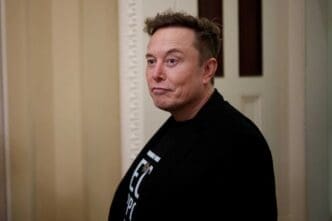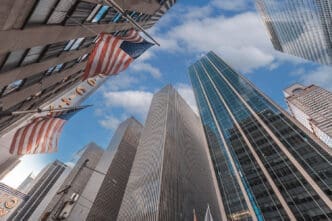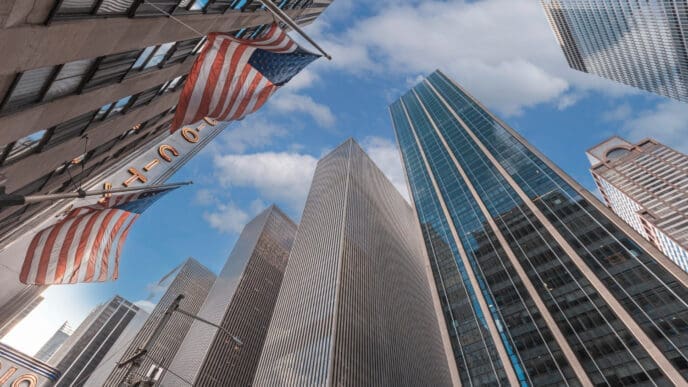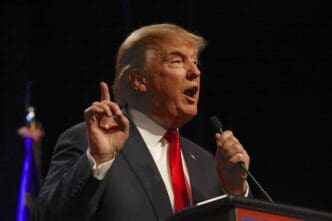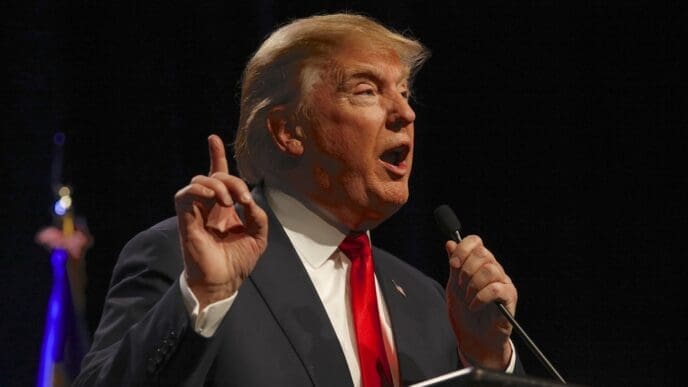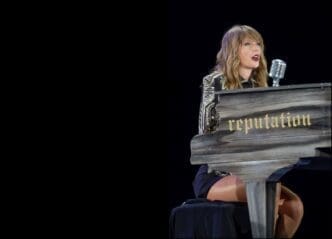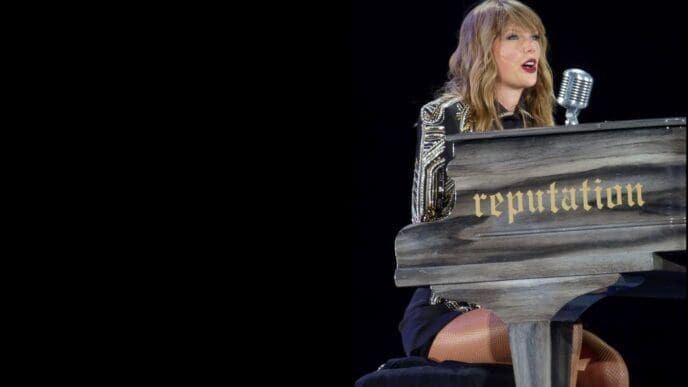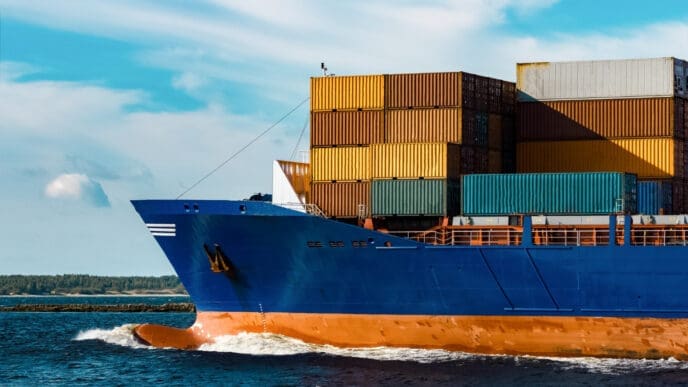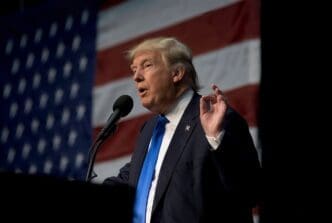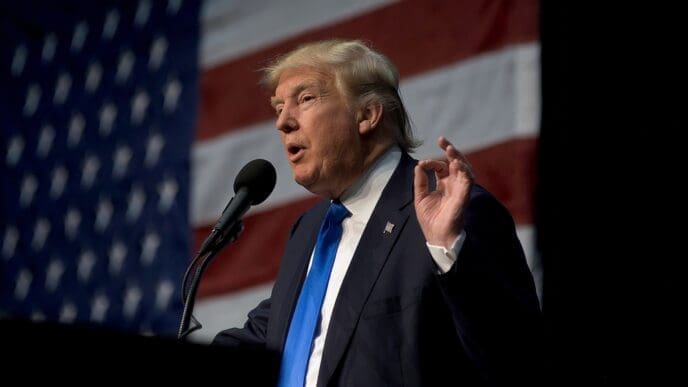In a dramatic turn of events, Wisconsin’s Attorney General, Josh Kaul, has approached the state’s liberal-leaning Supreme Court to prevent billionaire Elon Musk from distributing $1 million checks to two voters. This legal action was initiated shortly before a planned giveaway event at a rally in support of President Donald Trump.
Two lower courts have already dismissed Kaul’s legal challenge, which hinges on the argument that Musk’s gesture breaches state law by offering something of value to encourage voting. “Wisconsin law prohibits offering anything of value to induce anyone to vote,” Kaul stated in his filing. “Yet, Elon Musk did just that.”
The stakes are high as Wisconsin’s closely contested Supreme Court election approaches, with ideological control of the court hanging in the balance. The liberals currently have a slim 4-3 majority, but with five of the seven justices endorsing candidates, potential conflicts of interest in considering the Musk lawsuit loom large.
The court’s liberal justices are backing Dane County Judge Susan Crawford, while one conservative justice supports Waukesha County Judge Brad Schimel, who also enjoys endorsements from Trump and Musk. Schimel notably donned a “Make America Great Again” hat during his Sunday campaign activities.
At the Green Bay rally, scheduled for 7:30 p.m. EST, Musk promised to distribute a pair of $1 million checks to voters who signed an online petition against “activist” judges. Musk and aligned groups have poured over $20 million into Schimel’s campaign.
In a national television interview, Schimel asserted he has no control over spending by outside groups, including Musk’s, stating that Trump merely inquired if he would oppose activist judges and uphold the law. “That’s exactly what I’ve committed to anybody, whether it’s President Trump, Elon Musk or any donors and voters in Wisconsin. That’s my commitment,” Schimel conveyed on “Fox News Sunday.” Schimel has yet to confirm if he will attend the rally.
Crawford’s campaign has refrained from commenting on Kaul’s legal proceedings. This judicial race has shattered national spending records, with expenditures surpassing $81 million. Musk’s political action committee employed a similar strategy before the last presidential election, proposing $1 million daily payments to voters in Wisconsin and other key states who signed a petition in favor of the First and Second Amendments. A Pennsylvania judge previously ruled that prosecutors failed to prove this as an illegal lottery, allowing it to continue through Election Day.
In an initial social media post on X, Musk indicated plans to personally hand over $2 million to two voters who had already voted in this election. He later clarified that the funds are intended for individuals who would serve as “spokesmen” for the petition against “activist” judges. Musk also initially stated the event would be exclusive to those who voted in the Supreme Court race but later restricted attendance to petition signatories.
Musk’s political action committee recently announced the first $1 million giveaway recipient — a Green Bay resident who has contributed to the Wisconsin GOP and supports the conservative court candidate, with a documented history of endorsing Trump and his policies.
The outcome of this Supreme Court election is pivotal, with Wisconsin’s top court poised to deliberate on significant issues such as abortion rights, congressional redistricting, union power, and voting regulations, all of which could influence the 2026 midterms and the 2028 presidential election.
The Ripple Effect: What This Means for You
- Local Politics: The resolution of the legal challenge against Musk could set a precedent affecting how money influences elections in Wisconsin and beyond.
- Voting Integrity: The case underscores ongoing concerns about the integrity of electoral processes and the influence of financial incentives.
- Judicial Decisions: The ideological balance of Wisconsin’s Supreme Court will impact upcoming rulings on critical issues like abortion and redistricting, affecting state and national politics.
- Community Engagement: The controversy may spur increased voter engagement and activism in Wisconsin, with citizens more vigilant about the implications of financial influence in politics.
- Economic Impact: The significant financial contributions to the judicial race could shift campaign financing norms, affecting future election dynamics.
- Public Awareness: The situation draws attention to the critical role of judicial elections, highlighting their far-reaching consequences on societal and legislative matters.
